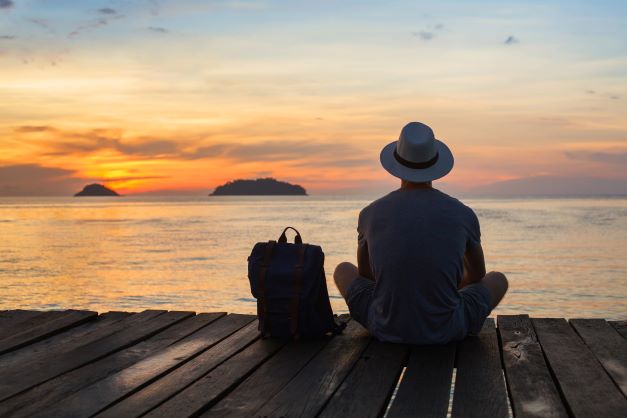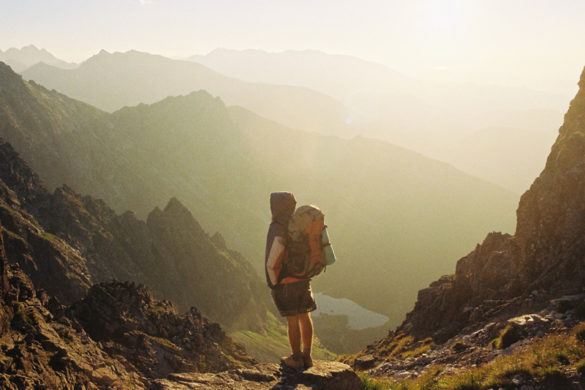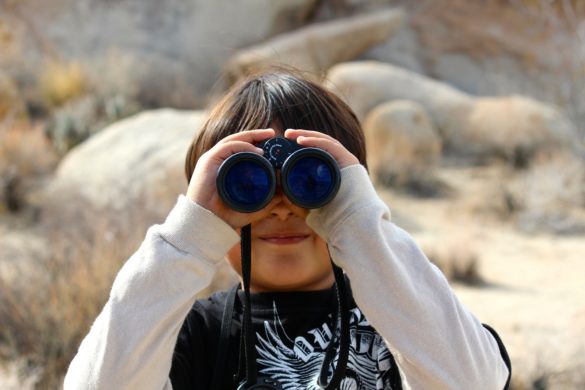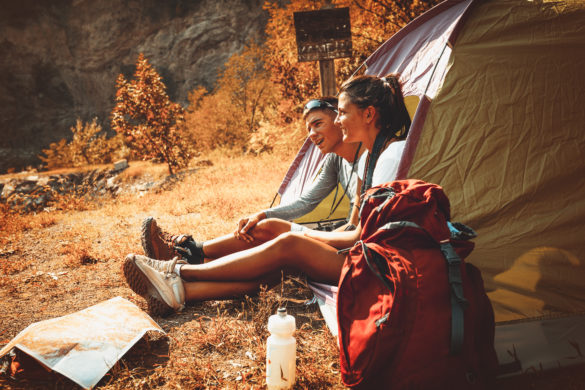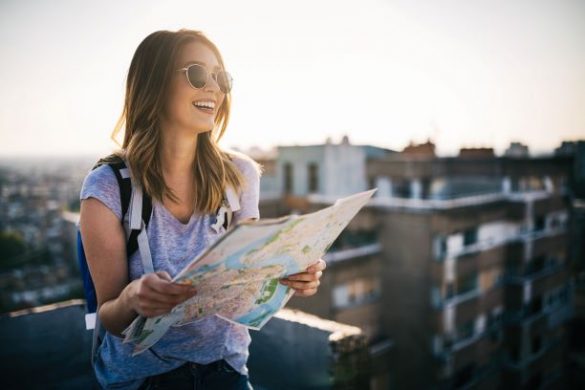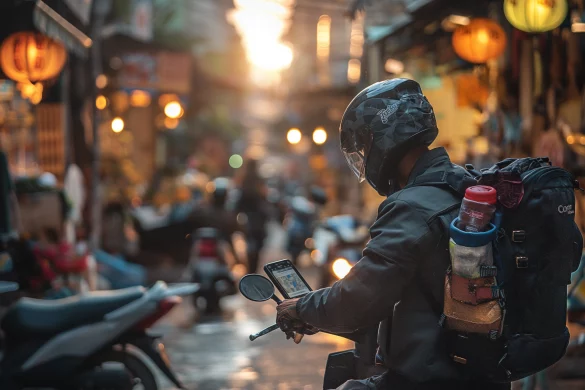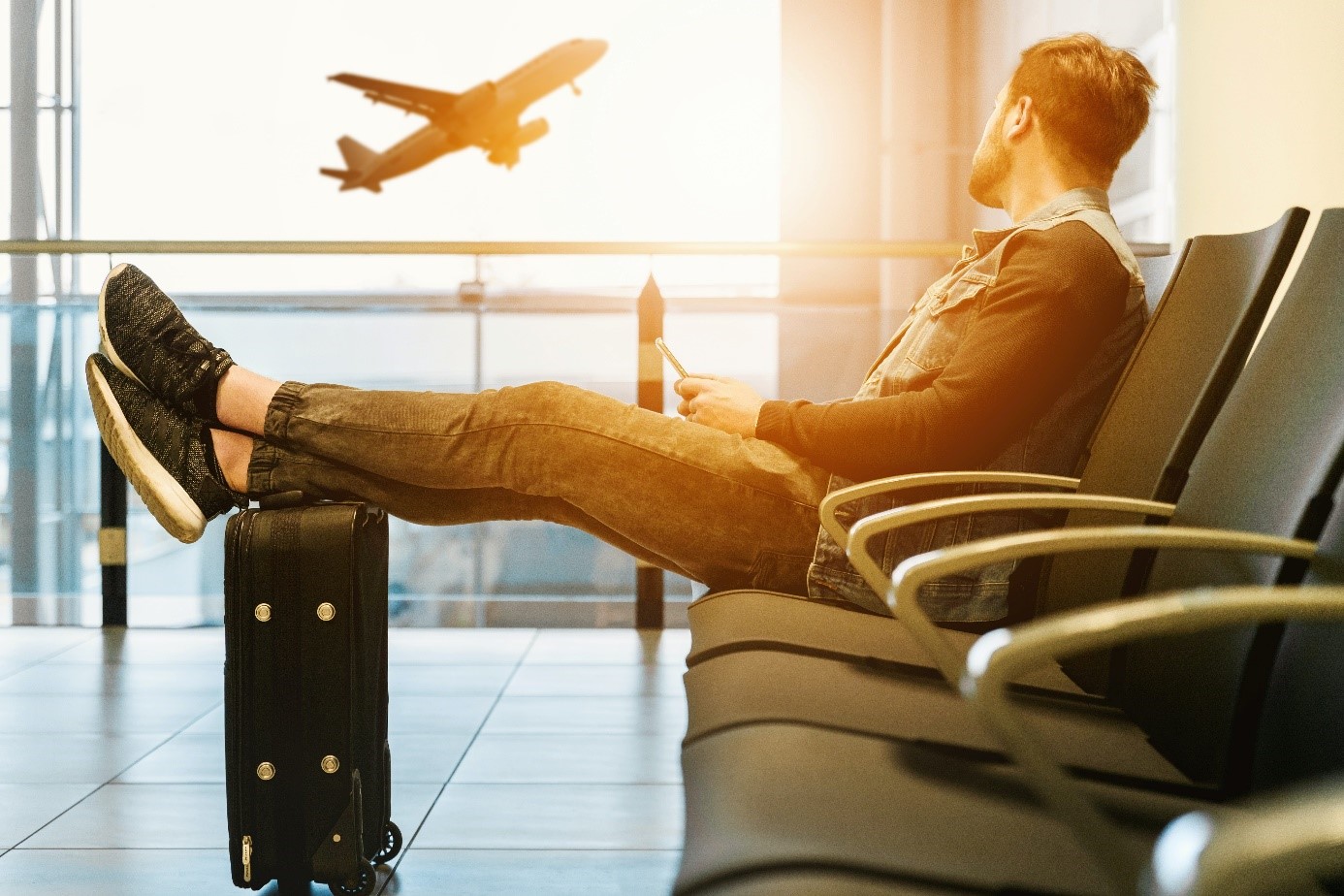Travelling is one of life’s great pleasures, with annual summer holidays providing some much-needed respite from the ills of our day-to-day and professional lives. But travel can also be much more than that, offering us new experiences and changes in perspective.
Travelling at all has its benefits, both physical and mental – but there is something about solo travel that makes it all the more health for mind, body and soul. Why travel solo, and how could you ensure you enjoy your solo travel endeavours safely?
The Benefits of Solo Travel
The overall benefits to travel are well-documented. Travel means increased physical activity, resulting in better-regulated mood and better physical fitness; more time outdoors means more time in the sun, and more Vitamin D intake; exploring new destinations and cultures can be an inspiring, even profound experience. But travelling alone is something else entirely.
Solo travel enables you to explore new locales at your own pace, with no one else to dictate your movements or decisions. This complete freedom to write your own itinerary can be utterly freeing, giving you valuable space to breathe and recharge.
Solo travel also pushes you out of your comfort zone, forcing you to do everything that other travel partners may have done for you – from booking accommodation to even striking up conversation with new people.
The Potential Dangers to Solo Travel
However, solo travel also poses unique risks in comparison to travelling with friends or family. Firstly, you cannot rely on anyone else for directions – making getting lost potentially more likely. Being alone also makes you a more vulnerable target for crime, making extra vigilance of key importance. But what further measures can you take to stay safe?
Staying Safe When Travelling Alone
Advance planning and booking are particularly powerful ways to tend to your safety when embarking on a solo journey; buying tickets ahead of time minimises the chance of making a mistake at the station, and ensures you know exactly when you’re set to travel. Even if you’re simply looking at trains to York for a short domestic trip, knowing your train time can help prevent you spending unnecessary time at the station.
Likewise, booking accommodation ahead of time is a must if your trip is an overnight one. This is important anyway, in order to make sure you have somewhere to sleep that night, but booking ahead means you can plan your route from transport hub to accommodation in advance as well. Knowing your route makes getting lost in a different location less likely, making you safer as a result.
For longer trips to areas with which you are less familiar, you should endeavour to tell friends and family where you are, what your itinerary is and when they can expect to hear from you again. Keeping other people abreast of your movements and travel plans can ensure people are quicker to act if you fail to get back in touch – whether as a result of getting lost or going missing.

